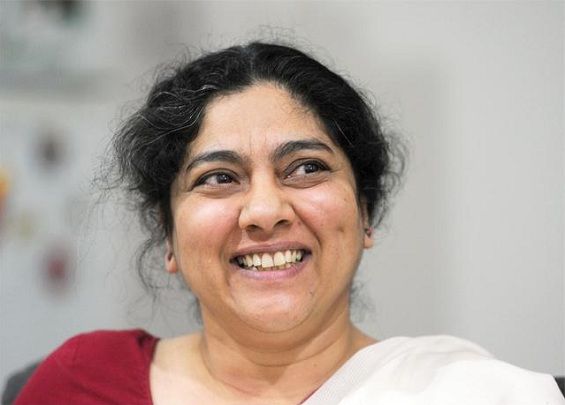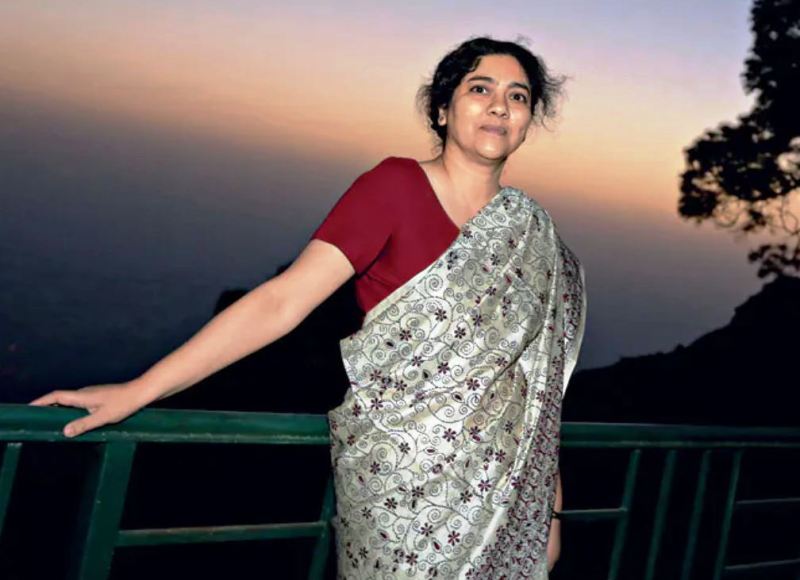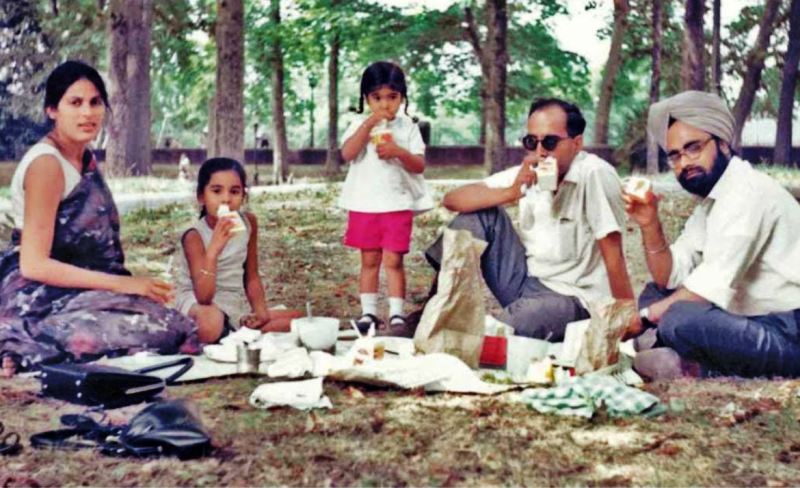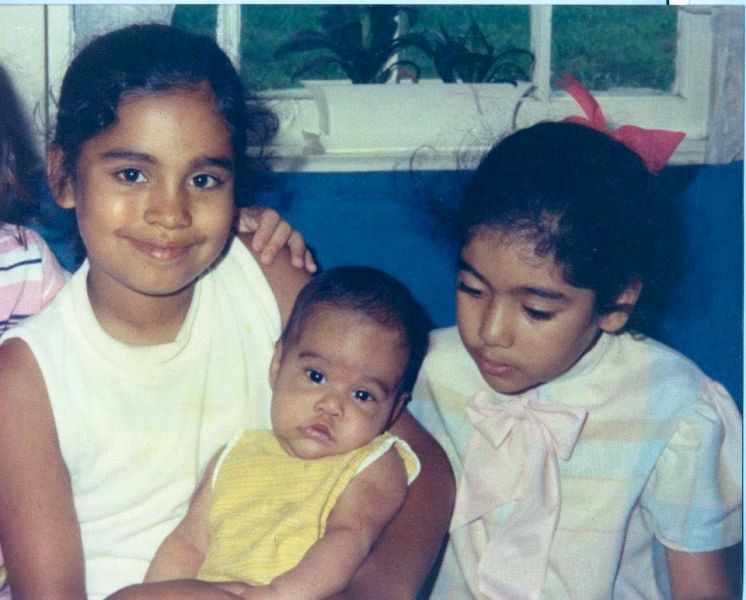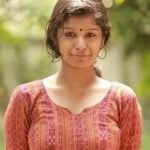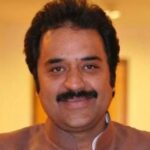Daman Singh (Manmohan Singh’s Daughter) Age, Husband, Children, Family, Biography
| Bio/Wiki | |
|---|---|
| Profession | Book author, Novelist |
| Physical Stats & More | |
| Height (approx.) | in centimeters- 163 cm in meters- 1.63 m in feet & inches- 5’ 4” |
| Eye Colour | Black |
| Hair Colour | Black |
| Career | |
| First Book | The Last Frontier: People And Forests In Mizoram (1996)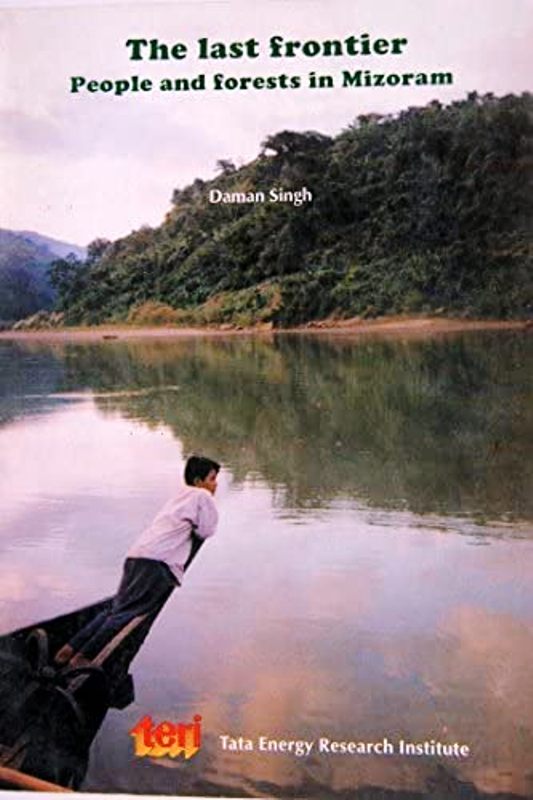 |
| First Novel | Nine by Nine (2008)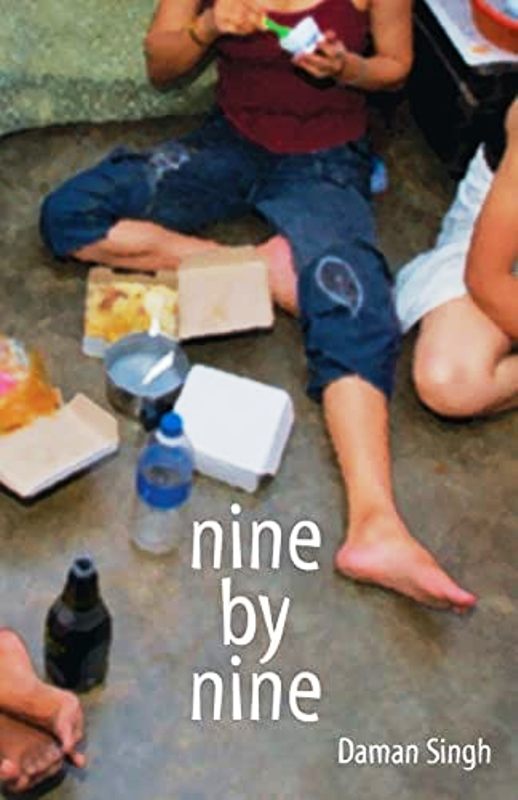 |
| Personal Life | |
| Date of Birth | 4 September 1963 (Wednesday) |
| Age (as of 2024) | 61 Years |
| Birthplace | Chandigarh, India |
| Zodiac sign | Virgo |
| Nationality | Indian |
| Hometown | New Delhi |
| School | • Presentation Convent Higher Secondary School, New Delhi • Convent of Jesus and Mary, New Delhi |
| College/University | • St Stephen’s College, Delhi • Institute of Rural Management Anand (IRMA), Gujarat |
| Educational Qualification | • B.Sc. (Hons.) in Mathematics at St Stephen’s College, Delhi • MBA at the Institute of Rural Management Anand (IRMA), Gujarat |
| Caste | Khatri; Kohli (sub-caste; Kukrain) [1]Hindustan Times |
| Food Habit | Vegetarian Note: Earlier, she was a Non-vegetarian. [2]Google Books - Strictly Personal: Manmohan and Gursharan |
| Relationships & More | |
| Marital Status | Married |
| Family | |
| Husband/Spouse | Ashok Patnaik (IPS officer) |
| Children | Son- Rohan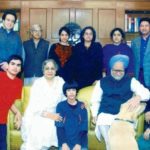 |
| Parents | Father- Manmohan Singh (died on 26 December 2024) (politician) Mother- Gursharan Kaur (homemaker) 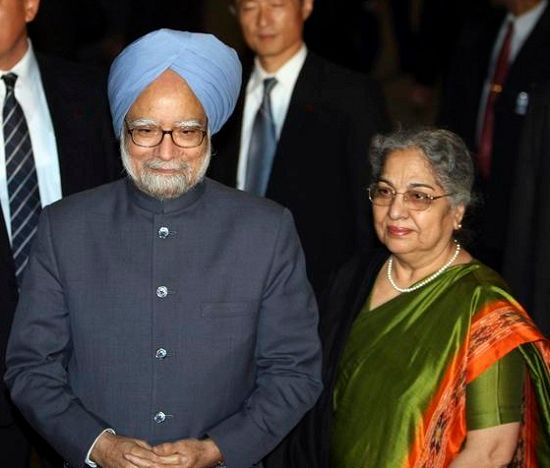 |
| Siblings | Brother-None Sister(s)- 2 • Amrit Singh (Human Rights Lawyer) 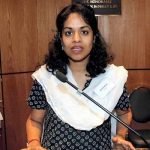 • Upinder Singh (Historian) 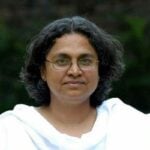 |
Some Lesser Known Facts About Daman Singh
- Daman Singh is an Indian book author and novelist. She is the second eldest daughter of the Former Prime Minister of India Manmohan Singh.
- Daman moved to New York with her parents and sister Upinder Singh in 1966, where Manmohan Singh worked for UNCTAD. Manmohan’s youngest daughter, Amrit Singh, was born in New York in 1969.
- Manmohan and Gursharan desired their daughters to grow up in India with Indian values. Therefore, they returned to India to live in Dehli in 1969. In an interview, she talked about her childhood in Delhi and said,
I grew up in Delhi and had a fairly sheltered, protected childhood. Life consisted of school and home. I went to an all-girls’ school, a convent, where discipline was strict. It was an unspoken rule that one had to do well, so I studied rather hard. At home I had my two sisters for company. We lived in a government bungalow in a sparsely populated locality, so generally lacked for friends. This meant that we had a lot of time on our hands. My interests were in reading, gardening, and nature-watching.”
- Growing up, Daman Singh and her sisters, Upinder and Amrit, were voracious readers. The habit of reading was instilled in them by their father. Daman recalled their childhood memories in an interview and said,
Our most exciting outing was when our father took us to a bookshop. Our birthday presents were always books. There was a time when we lived walking distance away from the Delhi Gymkhana Club, which has an excellent library. I recall fighting with my sisters over the library cards, borrowing two books, hurrying home and racing to finish them just so that I could borrow the next two.”
- Upinder applied for economics, out of deference to her father, but soon she shifted her subject to History because she was terrible at Maths. In the book Strictly Personal: Manmohan and Gursharan (2014), Daman revealed that Manmohan Singh was not particularly delighted by Upinder’s decision as he had a low opinion of social science disciplines other than economics. Occasional careless remarks from her father regarding the study of history would hurt Upinder. Therefore, when it was Daman’s turn, she took mathematics to please her father. However, when Daman switched to the IRMA, her father was displeased again.
- In an interview, she revealed that although she was keen to continue her studies in Maths after graduation, she enrolled in IRMA as her last resort as she broke her leg while skiing. She said,
I was keen to continue with Maths, but unfortunately, didn’t manage to get a scholarship to study in the US or UK. My other option was to go to IIT Kanpur (which had an impressive flying club). However, I happened to break my leg while skiing, and couldn’t make it to Kanpur for the interview. So it was either Maths at Delhi University, or IRMA.”
- After completing her MBA at IRMA Gujarat, she worked in rural development for 20 years before becoming a full-time author. While working in rural development, Daman extensively travelled in Rajasthan, Gujarat, Uttar Pradesh, Bihar (now Jharkhand), West Bengal, Orissa, and Andhra Pradesh. She was associated with the NGO Society for Promotion of Wasteland. In an interview, she talked about the extensive field experience she gained working in Indian rural villages and said,
I used to travel a lot, even on bullock carts. It gave me an exposure to the people. Incidentally, I travelled in united Bihar — especially in the region which is now in Jharkhand. I have come to Patna for the first time, but that rural background one finds in Jharkhand can be identified in my books.”
- She lived in Mizoram for a while for authoring her first book The Last Frontier: People And Forests In Mizoram (1996).
- Later, she moved back to Delhi and worked with various NGOs before joining the Tata Energy Research Institute (TERI) as a freelance consultant; she worked at TERI for 6 years. Her career as a consultant came to an end when her father started serving as the prime minister of India in 2004. She talked about the same in an interview and said,
But my career as a consultant for rural development came to an end. I could not pursue my career because when I went to rural areas I was garlanded and there was expectation from the people. I had become a VIP when I felt ordinary.”
- Her novel The Sacred Grove (2010) chronicles the story of Ashwin, a 12-year-old boy with a pregnant mother and an overbearing father who dreams of cricket stardom. As the story unfolds, Ashwin’s dream comes under attack as riots erupt in his quiet town.
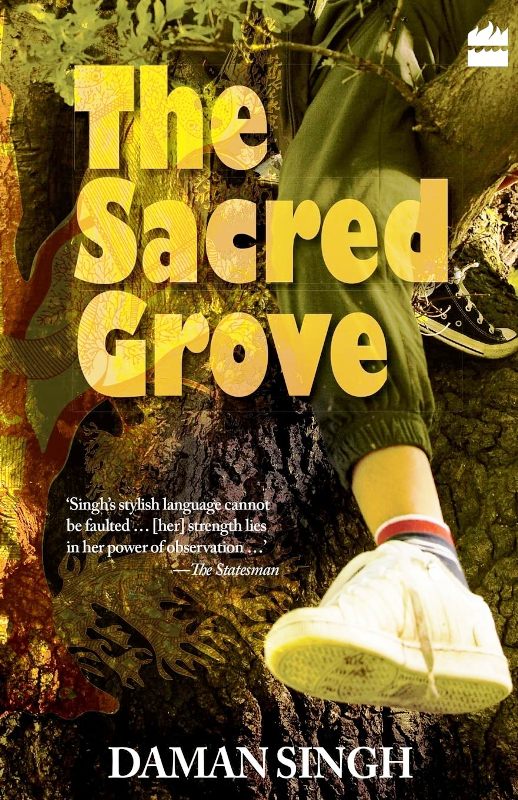
- In 2014, she gained popularity for her book Strictly Personal: Manmohan and Gursharan in which she addressed many myths surrounding her politician father Manmohan Singh and his personal life with his wife, Gursharan Kaur, and three daughters.
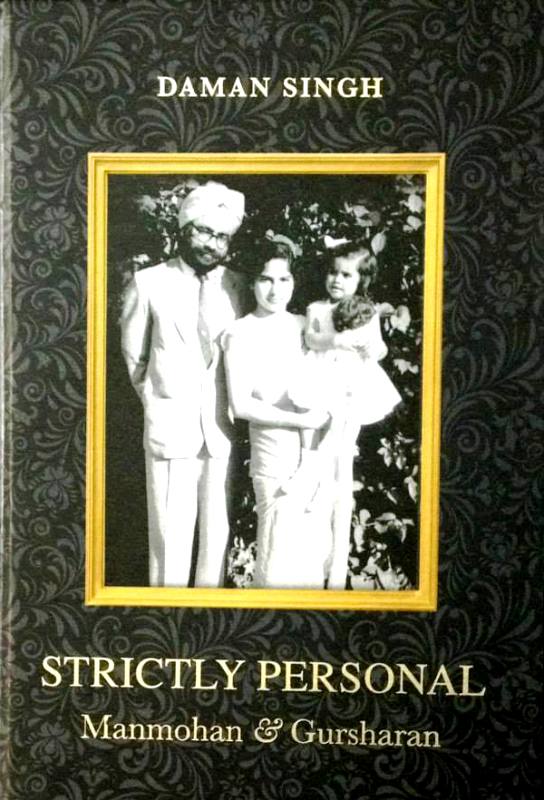
- Other books authored by her include Kitty’s War (2018).
- In April 2019, a journalist at The Times of India named Bharti Jain made serious allegations of fraud against Manmohan Singh via a tweet alleging that his daughters Daman and Amrit drew a salary from the Nalanda University (NU) as faculty members while staying in the US. Bharti Jain highlighted financial misconduct and nepotism against Nobel laureate Amartya Sen through a series of tweets. Fact-checking website Alt News Desk clarified that the statement was false. [3]The Wire
Two more faculties were appointed, honorary, Daman Singh & Amrit Singh. Middle & youngest daughters of Manmohan Singh..They stayed in USA while drawing salary
— Bharti Jain (@bhartijainTOI) April 28, 2019
- All three of the daughters of Manmohan Singh are married outside the Sikh faith. An excerpt from Daman Singh’s book Strictly Personal: Manmohan and Gursharan (2014) stated that Manmohan and Gursharan did not approve of Upinder’s marriage to Vijay Tankha at first because he wasn’t a Sikh. It took them quite a while to accept Vijay as their son-in-law. Eventually, they grew to like him and accepted him. There was way less family drama when Daman married IPS officer Ashok Patnaik. By the time it was Amrit’s turn to marry, Manmohan and Gursharan happily came on board.
- Daman Singh is an admirer of the pre-mobile era and detests keeping a mobile phone. In an interview, she talked about the same and said,
I am so lucky to have a husband who has a permanent job. I told him some years back, now you earn and feed us. I am going to follow my dreams. I have opted out of a busy career. I don’t have a mobile phone. I think it keeps me sane…When I see other people with mobile phones I wonder, my God, how do they live! I just could not do it. I live in my own world, I see what I want to see. If I had been in a different life, of course, my child will have to contact me. But right now, I am able to function happily without it. My life is so simple I can manage quite well without a mobile phone. I find other people’s life complex, and have simplified my own life greatly…In many ways, I opted out of a complex life.”
References/Sources:

